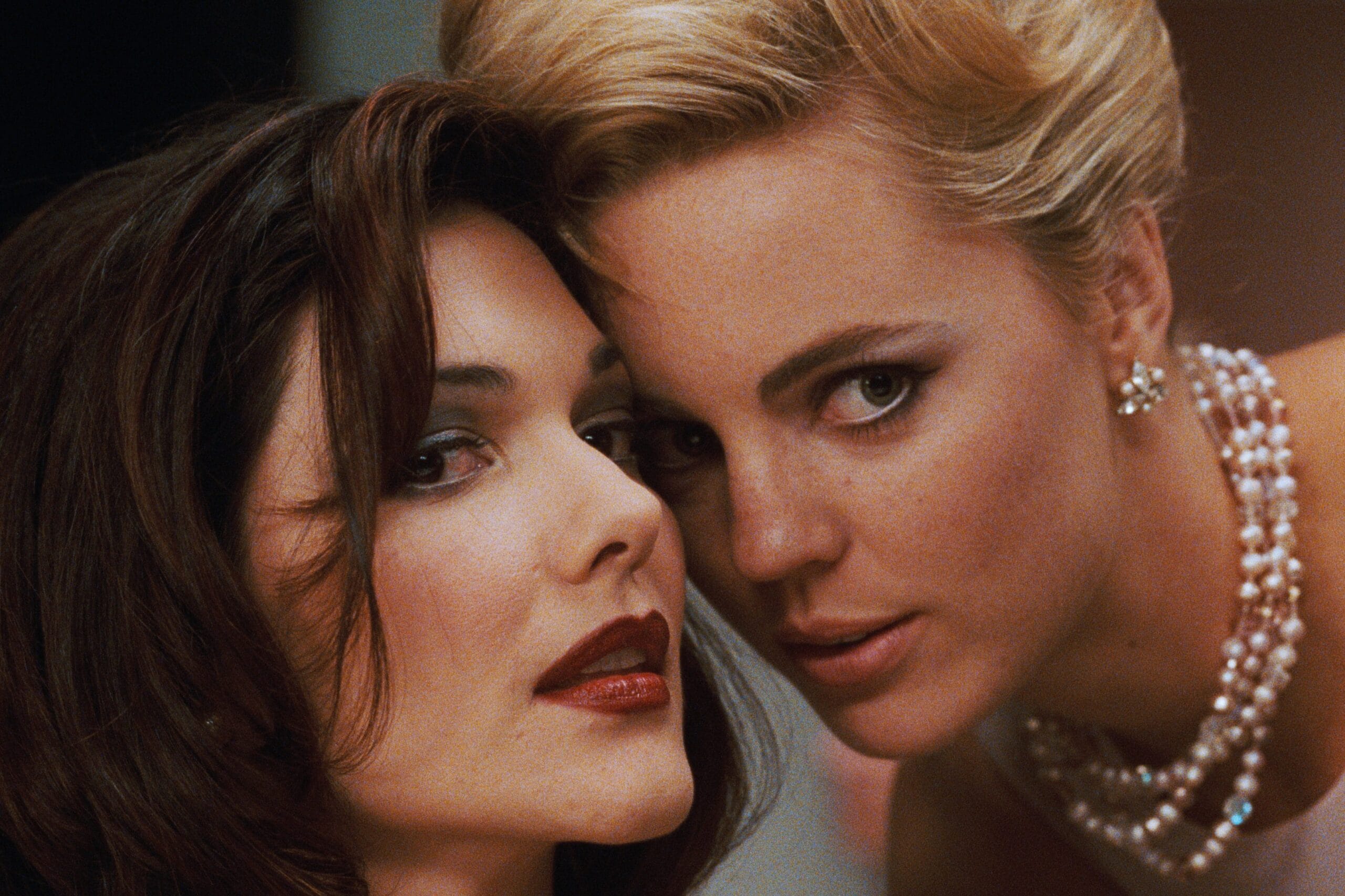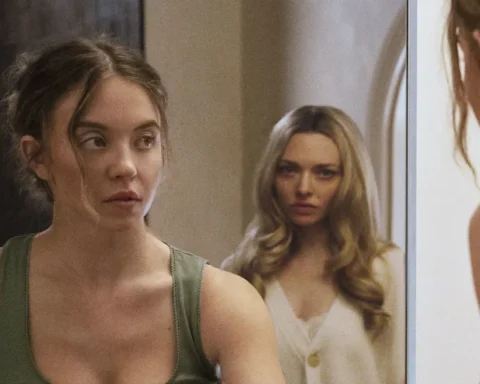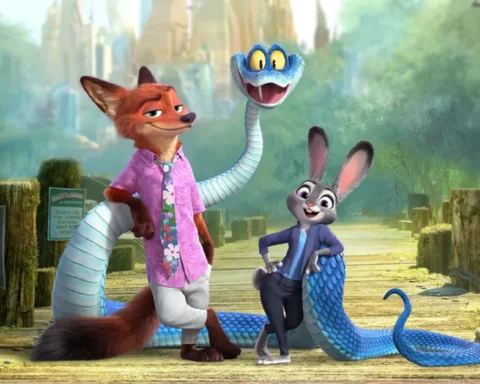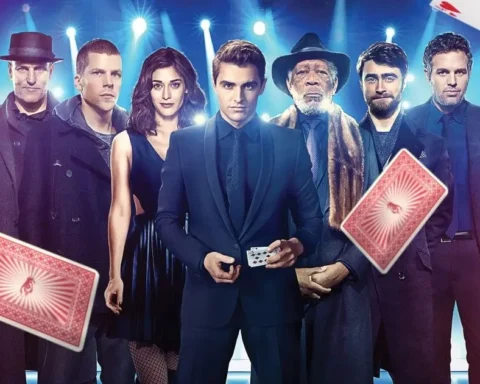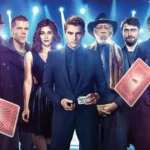The recent passing of David Lynch marks the end of an era for cinema, one that thrived on the surreal, the unsettling, and the profoundly poetic. Lynch was not merely a filmmaker; he was an architect of the subconscious, a master of twisting reality into dreamlike landscapes where logic dissolved and emotion took center stage. With each frame, he revealed the raw, hidden layers of human experience, evoking feelings that words alone could never capture. From Blue Velvet to Mulholland Drive, his films defied convention, turning the ordinary into the extraordinary and inviting us into a world where beauty and terror danced in perfect harmony. Lynch understood that cinema was not just a medium for storytelling—it was a portal to the mind’s deepest recesses, a place where silence could be as loud as dialogue and where the surreal could feel painfully real. His films weren’t about answers, but about posing questions that left us unsettled yet strangely fulfilled. More than a filmmaker, Lynch was a philosopher, a poet of the screen, and a true innovator who reshaped the way we experience film. Through his work, he challenged the very nature of narrative, encouraging audiences to embrace ambiguity and the unknown. In a world of formulaic blockbusters, Lynch stood as a singular figure, carving a path that was uniquely his own. He didn’t just entertain; he transformed, redefined, and inspired. In his passing, the world of cinema loses a hero—a visionary whose influence will echo for generations.
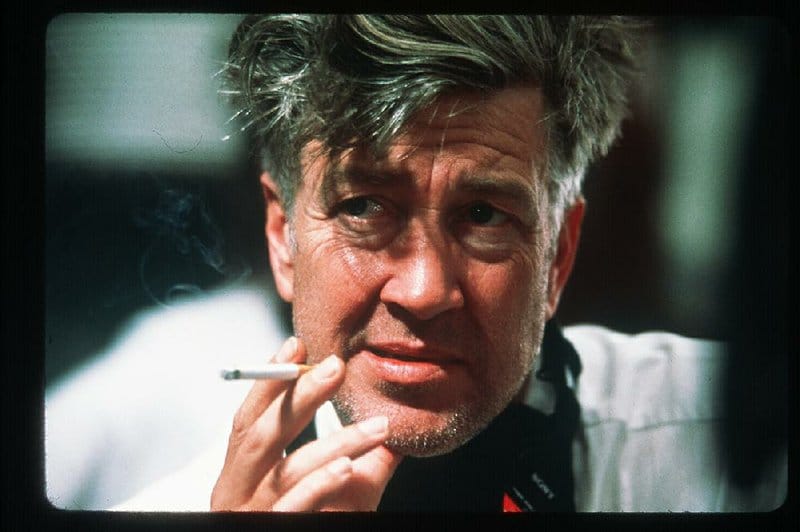
Ode to Mulholland Drive
(In Memory of David Lynch, A Dream That Never Wakes)
Oh, velvet dusk of twisted streets,
where dreams dissolve and fate repeats.
A boulevard of whispered lies,
where lovers meet with hollow eyes.
Beneath the neon, shadows bloom,
a city built of silk and doom.
A cowboy winks, a blue box hums,
the echoes crawl, the silence drums.
O Lynch, lost weaver of the night,
you stitched the dark, you bled the light.
Your visions curled like wraiths in air,
a nightmare clothed in golden hair.
The theater’s hushed, the singer cries,
“No hay banda,” yet music flies.
The screen still flickers, cold and bright,
your ghost still walks in pale moonlight.
Now gone beyond the ribboned veil,
you drift where sirens sing and wail.
But on this road of endless drive,
your dreams remain—so strange, alive.
